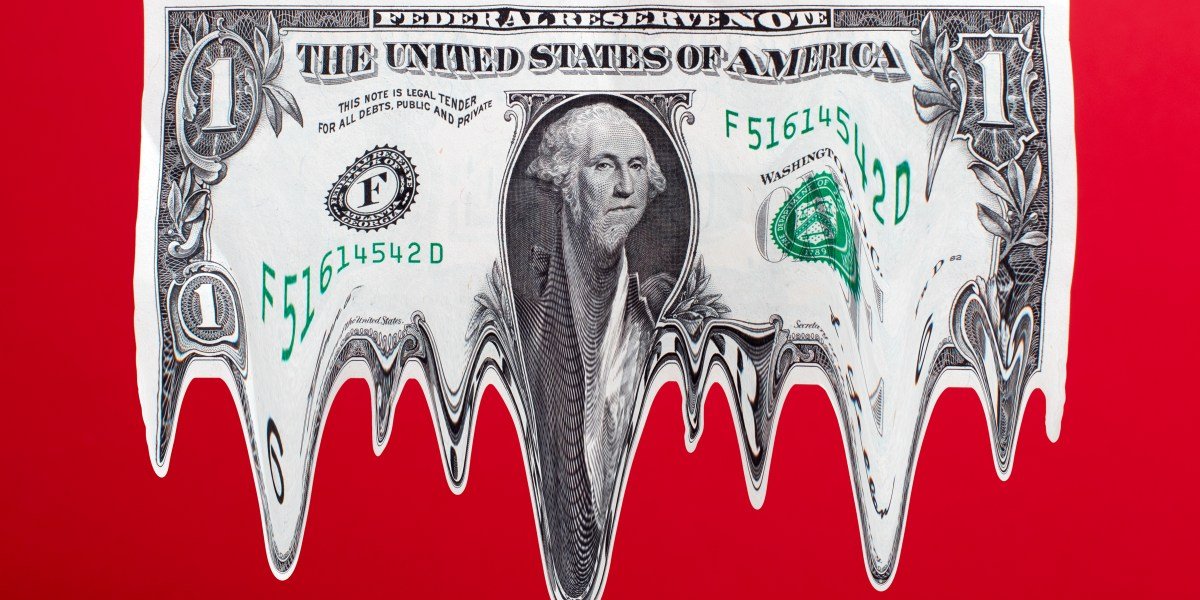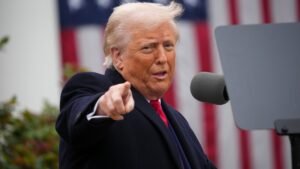
The dollar is punished for job data that has really revealed how weak the US economy is
- The dollar that lost value throughout the year Against foreign currencies, has been returning in recent weeks. But the number of Friday jobs from BLS – and the descending reviews to the previous numbers that accompanied it – “I took the filling out of the dollar gathering,” says Ji.
The US dollar fell from Grace on Friday after the work statistics office reviewed its estimates of the number of jobs that the American economy was creating. It turned out that the economy was much weaker than everyone assumed.
The dollar lost the value throughout the year. Nearly 9 % YTD is currently decreased against DXY, an indicator of foreign currencies, where investors flee the tariff barriers Donald Trump. In June, the dollar has reached more than 10 %, but in recent weeks, the dollar has gained ground.
Until Friday.
The dollar fell from 100.22 on the DXY on Friday to 98.82 this morning – a relatively large step for the currency in the size of the dollar.

Google Finance
“The largest dollar index has suffered a decrease for one day since May 23, as the markets re -evaluated expectations for rates and growth,” said George Vice from Convera customers in a note.
In notes to C., it was called by analyst Chris Turner: “The lack of handbrakes in dollars.”
A report on Friday wrote a report on Friday from the Dollar Rally. Investors are now suspending 80 % possibility to a 25 -point rate in Boson of the Federal Reserve in September. “The uncertainty about the quality of American data is not a good view of the American asset markets and can add more risk allowance to the dollar and the treasury.”
Goldman Sachs called it “US dollar: Week of injury.” The bank also published a huge note from the chief economist Jean Hatzius, who expects the growth of the US GDP to be only 1 % in the second half of the year.
His colleague Kamakshya Trivedi argued that although “media narration” indicates that Trump has won somehow with “negative” deals for trading partners in the United States, and most foreign exports – that go to other countries – were not affected.
He wrote: “We expect the United States to bear most of the costs of definitions, which will affect the conditions of trade. This is partly due to the expansion of increases in customs tariffs, which makes it difficult for US companies and consumers to find appropriate alternatives.”
This is why the dollar is much weaker on foreign exchanges this morning.













Post Comment